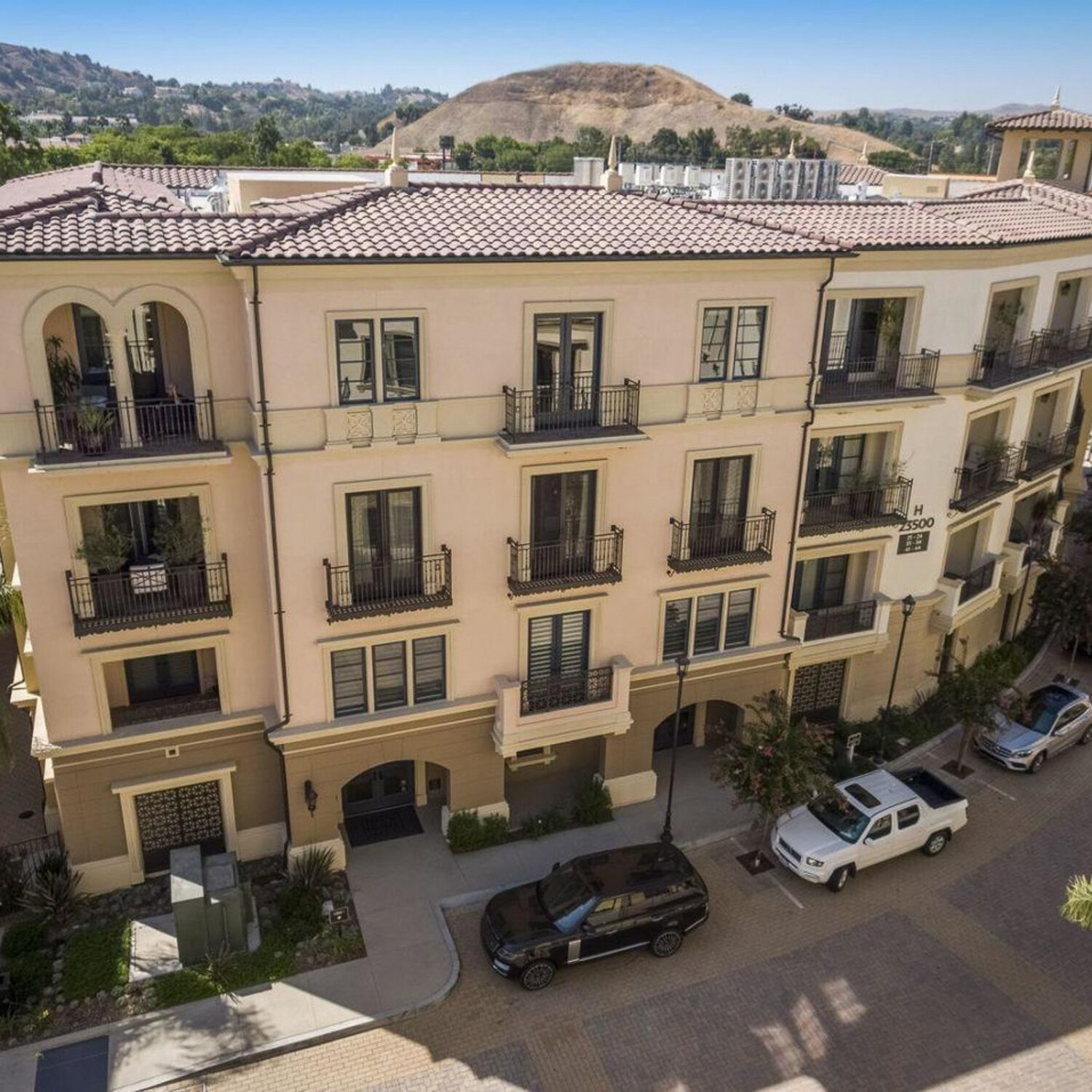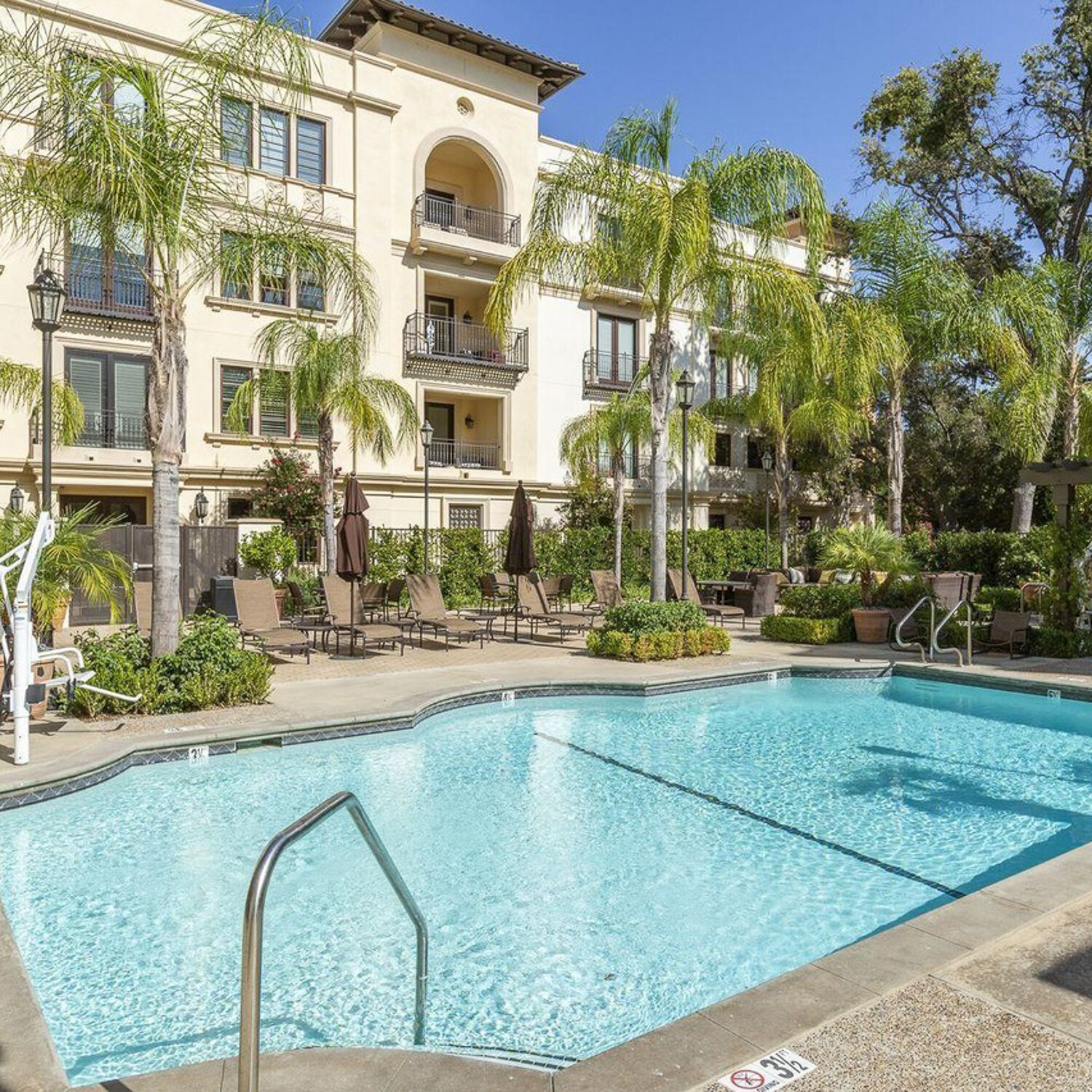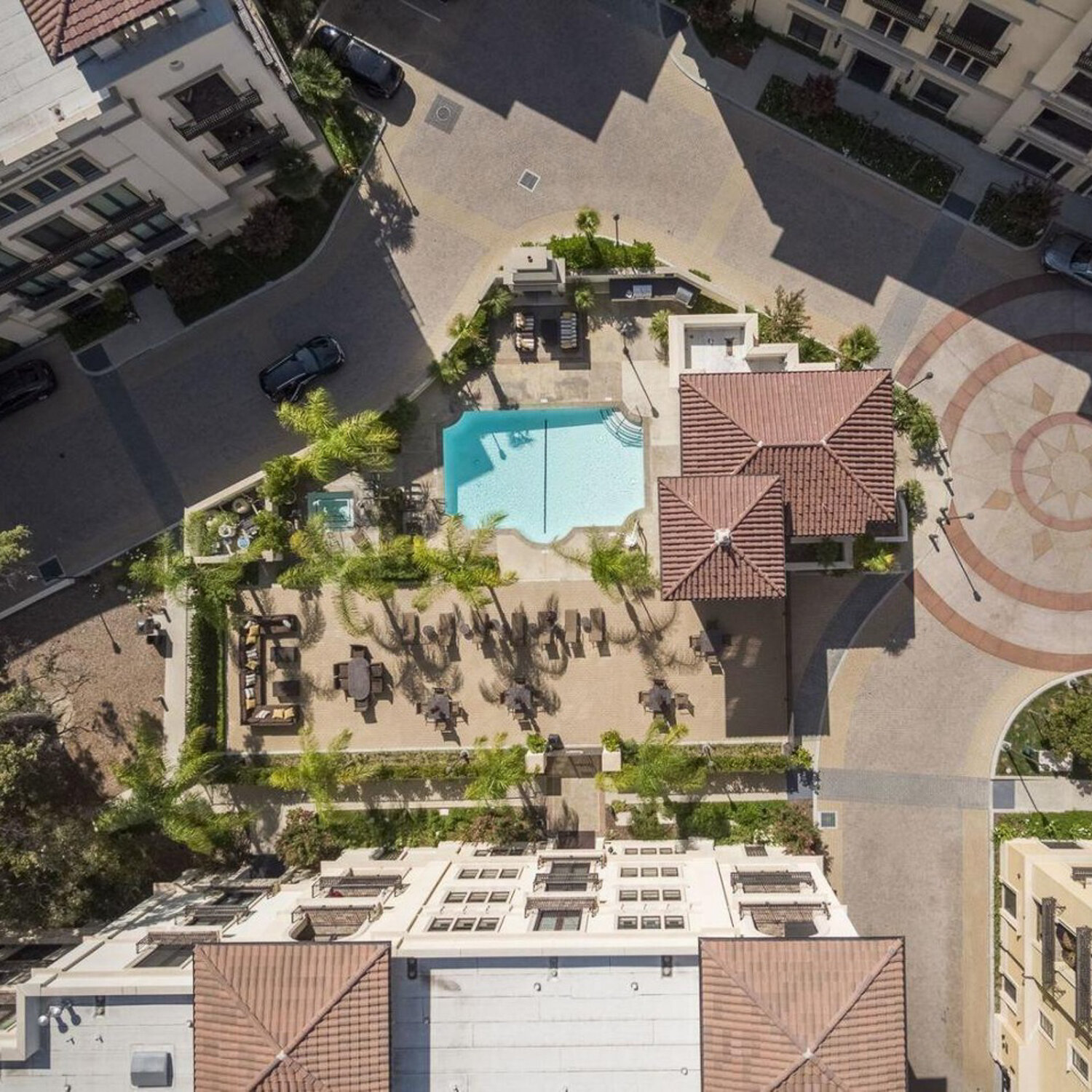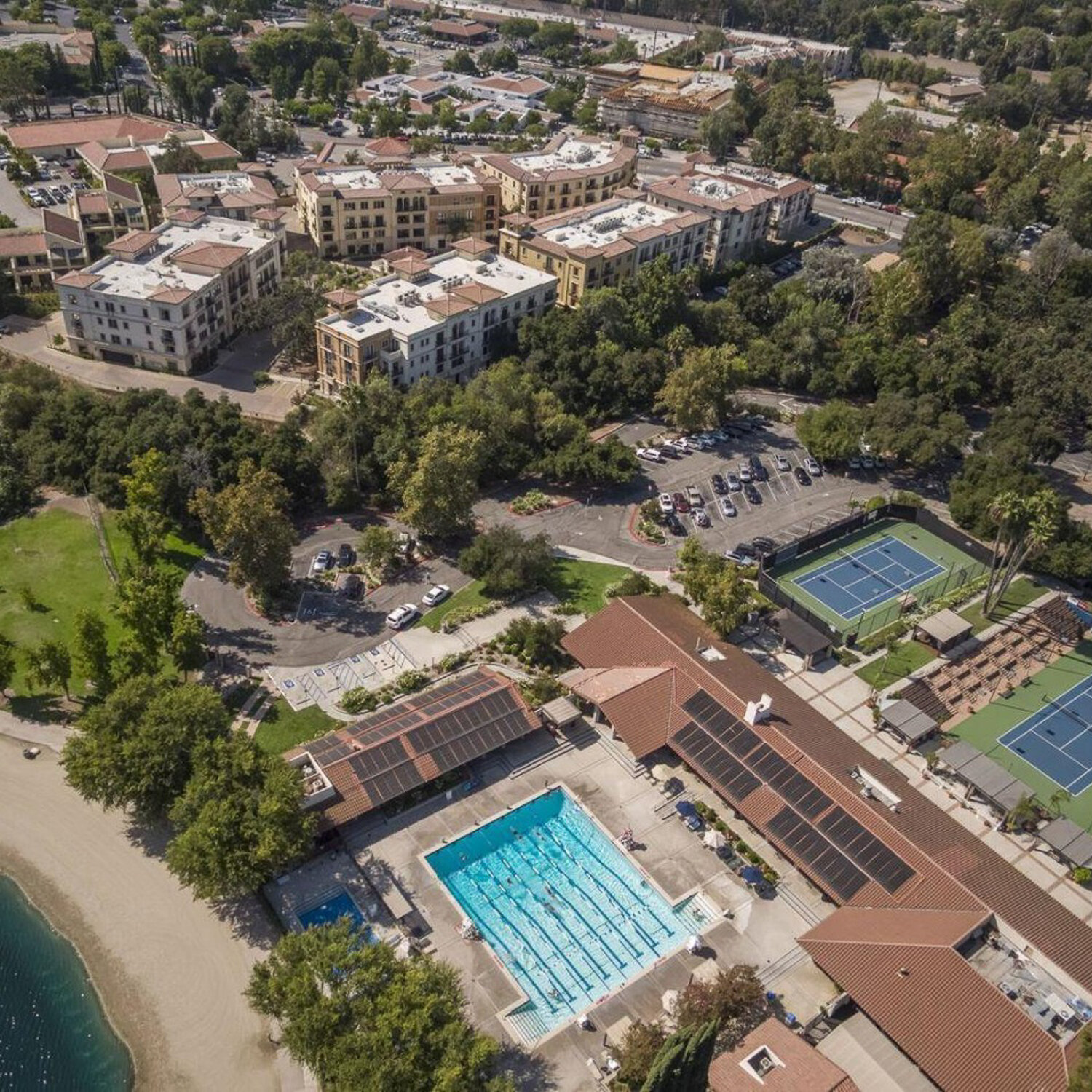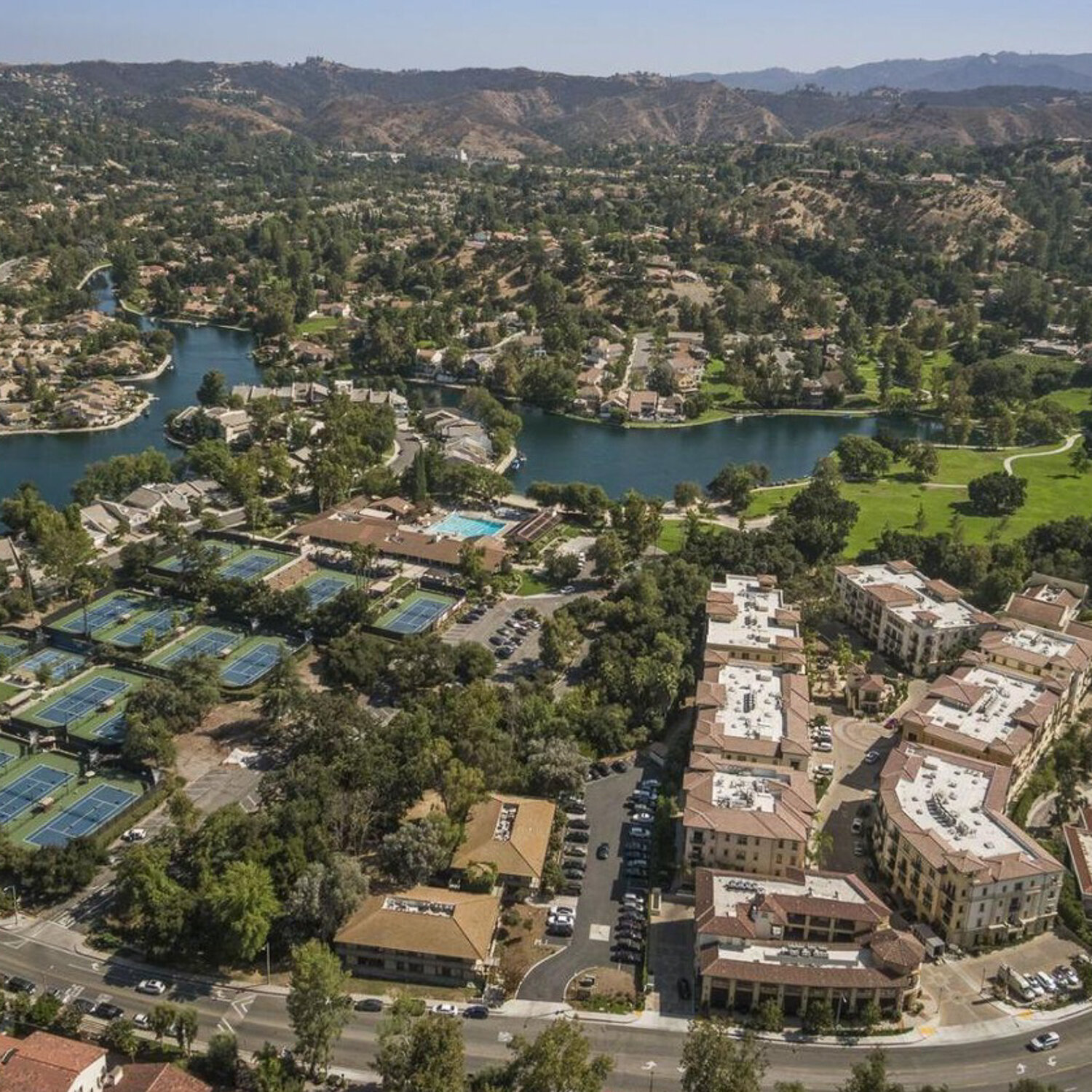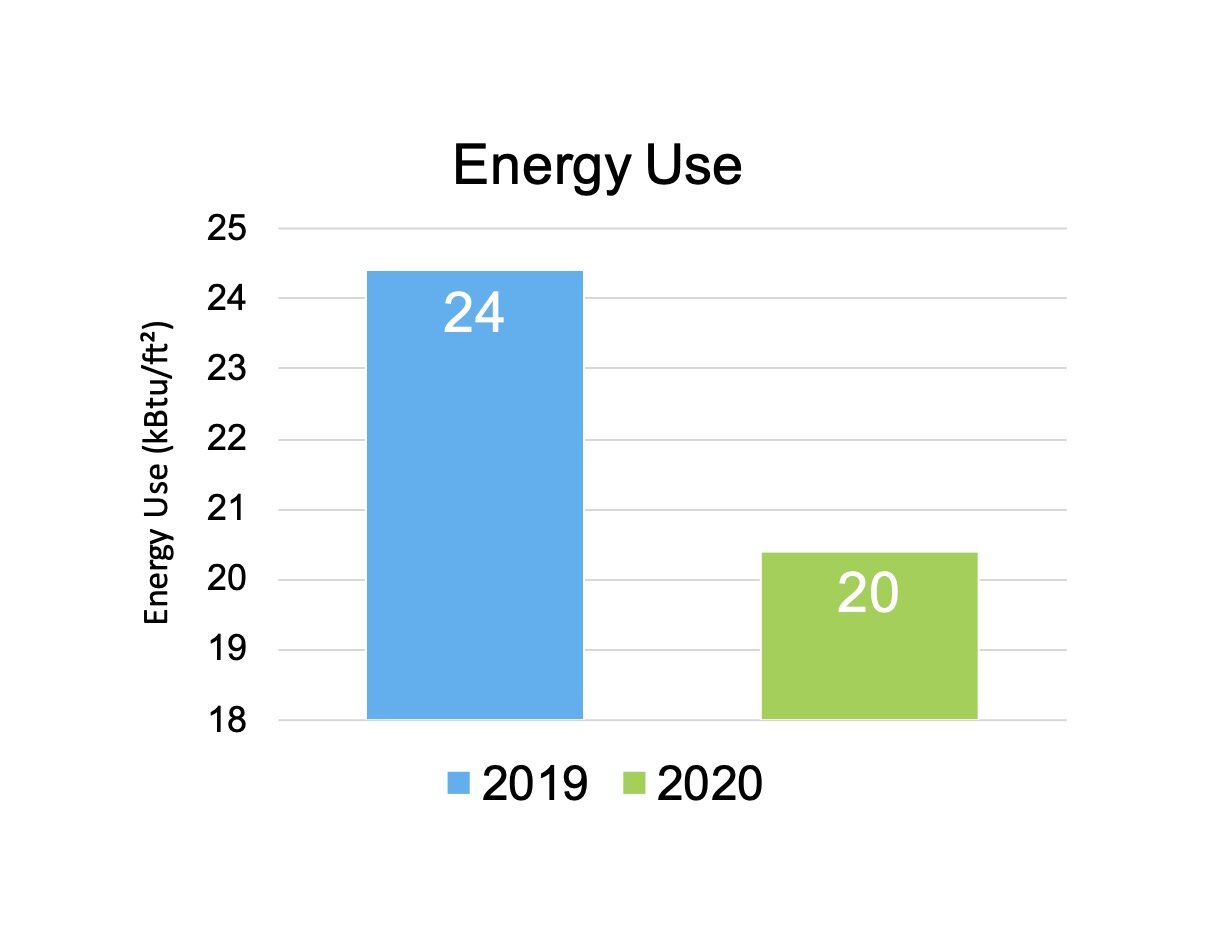Avanti Targets Deep Utility Savings with Energy Efficiency Retrofits at Calabasas Townhome Community
16.4%
Energy Reduction Since Ownership
16.4%
2020 Portfolio-Wide Energy Reduction
2021 Innovation Awards: Hometown Hero Award Finalist
“Though Avanti is a new luxury condominium development completed as recently as 2017, its common area infrastructure was, from an energy perspective, already obsolete. With significant experience as an HOA board member, I understood their need to control operating costs on a long-term basis, while keeping the well-being of their community top of mind.”
MARIKA ERDELY
Founder & CEO, Green EconoME
CHALLENGE
In 2018, Avanti Maintenance Corporation, a homeowners association (HOA), took ownership of the common areas at luxury townhome development Avanti in Calabasas. The property, a 72-unit complex with seven residential buildings and a clubhouse, was built under the 2013 building code. It incorporated fluorescent lighting without controls in common areas, resulting in abnormally high operating expenses. Seeking to reduce energy and water costs, the owner engaged energy efficiency consulting and construction firm Green EconoME to work with mechanical contractor EMCOR Services to perform an energy audit and identify opportunities for improvement.
STRATEGY
Upon completion of the energy audit, Avanti collaborated with Green EconoME to tee up multiple energy efficiency retrofits. Perhaps the most significant was an LED lighting upgrade across the garage, interior lobbies, hallways and trash areas, enhancing occupant safety and accessibility. Custom occupancy sensors and lighting controls were also installed, increasing efficiency by reducing energy use in unoccupied space. CoolAutomation was integrated with the HVAC control system, giving managers remote control and automation to make both their job easier and common areas more comfortable. Finally, efficiency upgrades were made to the clubhouse pool and jacuzzi, including the installation of underwater LED lights and replacement of the existing pool pump with a variable frequency drive pump.
Quality of light across all common areas was important to the HOA. The team worked closely with an LED lighting distributor to provide sample products in order to find the right solution. Green EconoMe sought financing for these retrofits through Southern California Regional Energy Network’s multifamily incentive program. When COVID-19 posed challenges to the continuation of construction, all meetings were shifted to be held either virtually or outdoors at the development site while consultants and subcontractors wore personal protective equipment.
IMPACT
Completed in December 2020, the project had a goal of reducing energy use by more than 20% for each of the seven buildings on the property and the community clubhouse. After one billing cycle, energy use is already registering a 28% to 59% reduction across all affected meters, for an average cost savings of 52% and a 16.7% reduction in greenhouse gas emissions over the previous year. Retrofits made to the pool so far show the deepest savings at 59% kWh and 64% cost reduction.
Green EconoME owner Marika Erdely managed the project on-site through the holidays to ensure work was completed before the end of the year, securing Southern California Regional Energy Network incentives of approximately $92,000, or 60% of the project’s total cost.
Outside of projected energy and cost savings, the projects positively impacted the residents. Prior to the updated sensors and control system, broken wall sensors served as a constant source of frustration among the occupants. Rooms would remain dark despite the occupant entering. By installing more sensitive ceiling sensors and adequate lighting, the convenience and quality of life for the occupants improved dramatically. Financially, residents also benefit from lower HOA dues.

